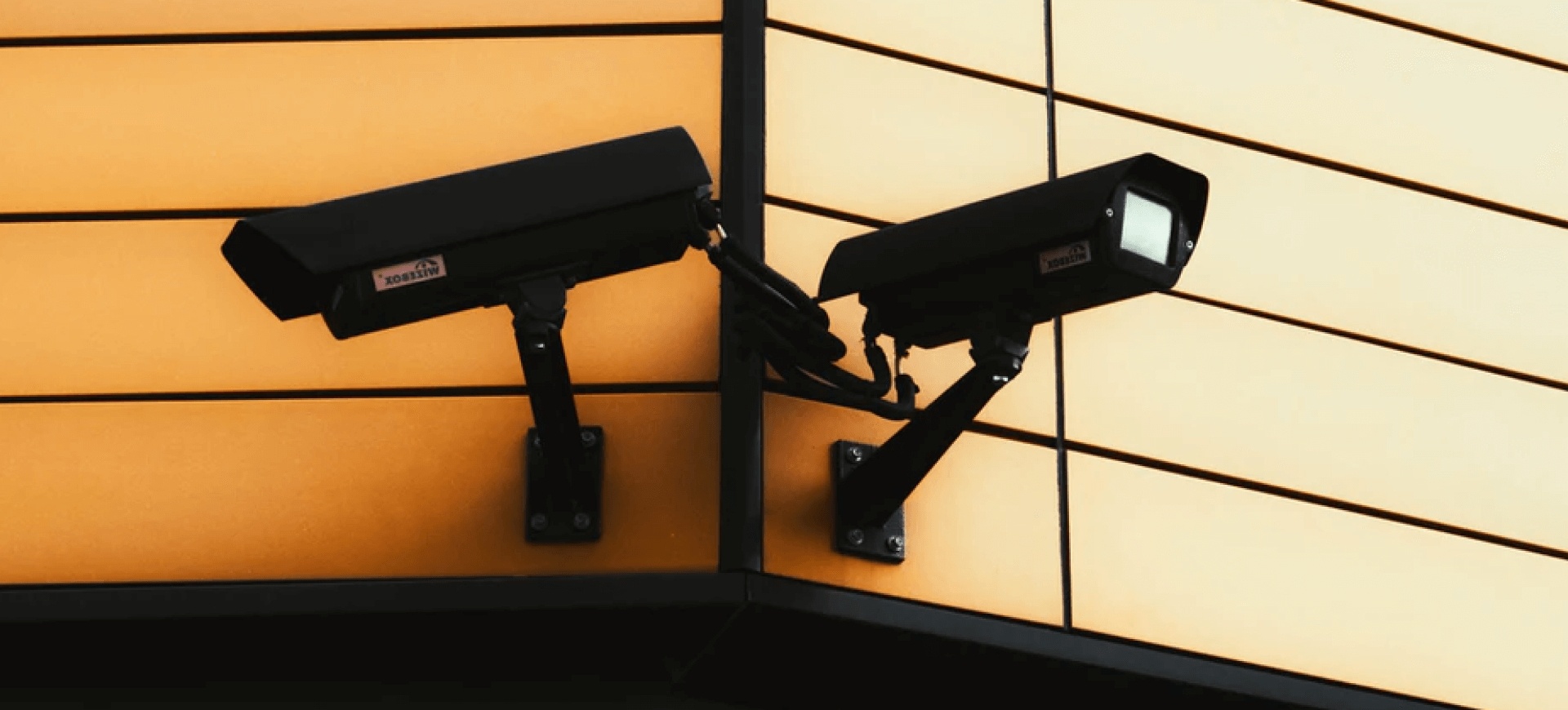
The year was 2016, the presidential candidate under investigation was Hillary Clinton and the FBI director at the time, James Comey, laid out the factors the Justice Department weighs in deciding whether to charge someone with mishandling classified records. Fast forward to 2022 and that tutorial proves instructive as another candidate from that election, Donald Trump, is entangled in an FBI probe related to sensitive government documents. Whether an FBI search of Trump’s Mar-a-Lago residence is a prelude to criminal charges is unknown. The action Monday nonetheless focuses attention on the thicket of statutes that govern the handling of government records, though the department’s own history of prosecutorial discretion — some high-profile investigations have ended without charges or in misdemeanor plea deals — makes it hard to forecast with certainty what might happen this time. “These are statutes that have historically not been enforced to the fullest extent,” said University of Texas law professor Stephen Vladeck. Much remains uncertain about Monday’s search, including precisely what documents the FBI was looking for — Trump says agents opened a safe — or why it acted when it did. But people familiar with the matter say it relates to an ongoing Justice Department investigation into the discovery of classified material in boxes of White House records the National Archives and Records Administration recovered from Mar-A-Lago earlier this year. To obtain a search warrant, the Justice Department would have had to persuade a judge that probable cause existed that a crime was committed, though what statute officials think may have been violated is unclear. Multiple federal laws require the safekeeping of government secrets. One potentially relevant statute makes it a crime to remove classified information and retain it an unauthorized location. Another makes it illegal to mishandle either willfully or through gross negligence national defense information, including maps, photographs and documents, or transmit it to an unauthorized person. But if past is any precedent, the mere mishandling of classified information isn’t always enough for a felony conviction — or any charges at all. “It often comes down to whether there are aggravating factors in these cases,” said David Laufman, a Washington lawyer who as head of the Justice Department’s counterintelligence and export control section oversaw the Hillary Clinton investigation. Those include, he said, how much classified information was mishandled, the extent to which the person knew they were in possession of classified information and how sensitive the material was and whether its exposure placed at risk U.S. national security. The FBI said as much in 2016 when it closed without recommending charges an investigation into whether Clinton mishandled classified information via a private email server she used as secretary of state. Comey said agents had determined that she had sent and received emails containing classified information but that there was no indication she had intended to break the law. He said no reasonable prosecutor would have brought such a case. To prove his point, he said a review of past Justice Department cases established that each prosecution involved some combination of: an intentional mishandling of classified records; the vast exposure of materials in a way that suggested willful misconduct, disloyalty to the U.S. or obstruction of justice. In another notable case, former CIA Director David Petraeus was permitted in 2015 to plead guilty to […]
The post Did Trump Break the Law? FBI Search Raises Fresh Questions appeared first on The Yeshiva World.
View Source: Read More












